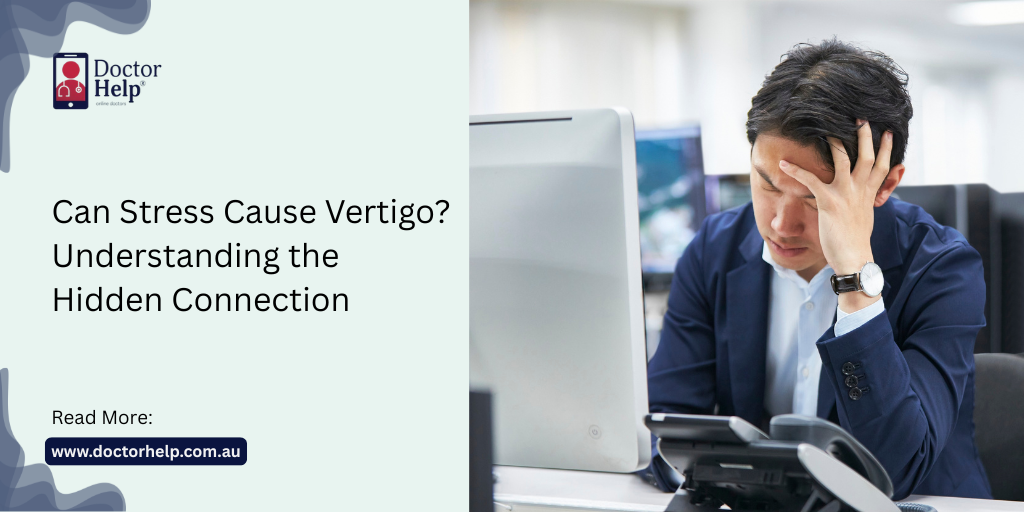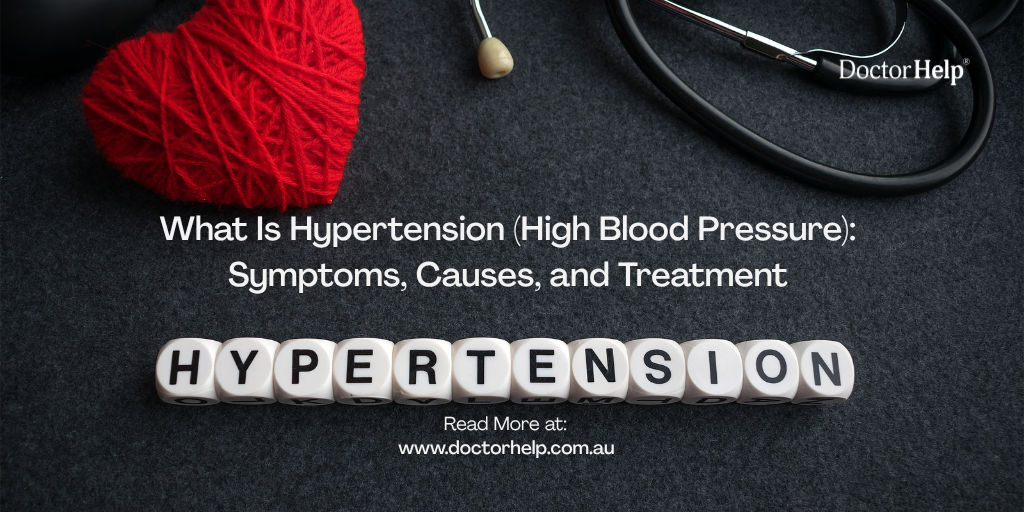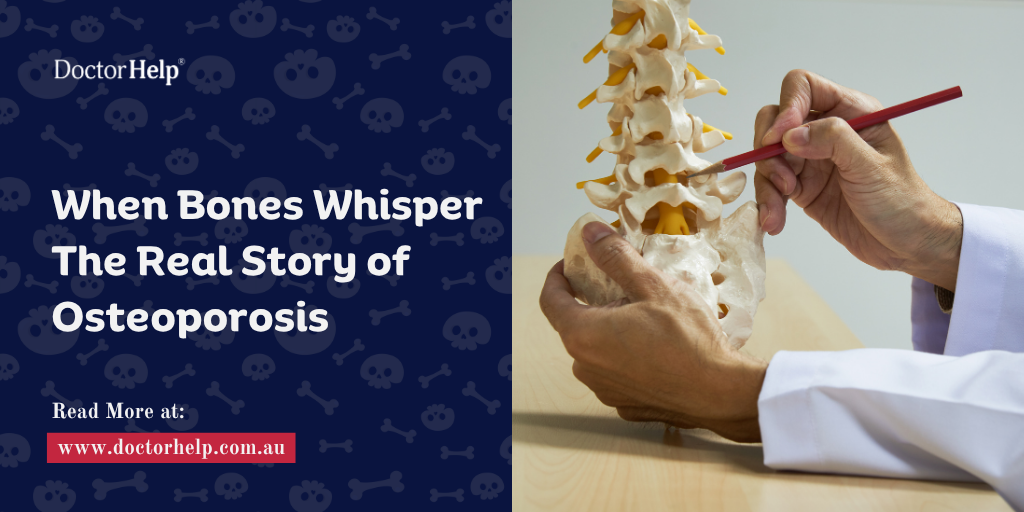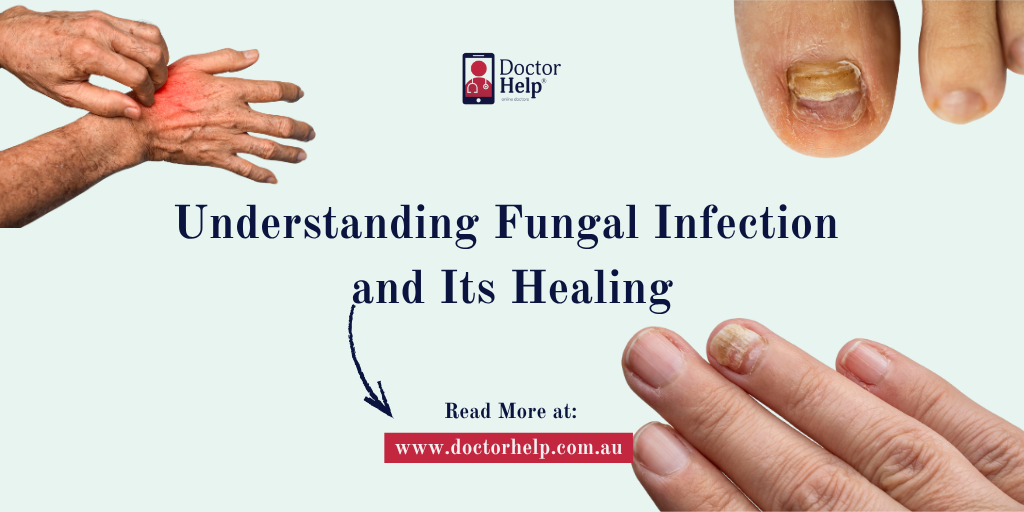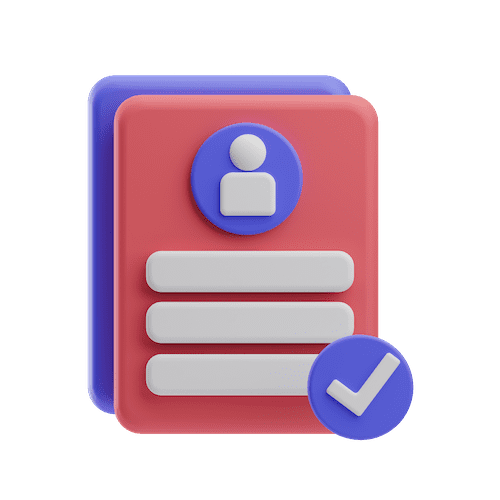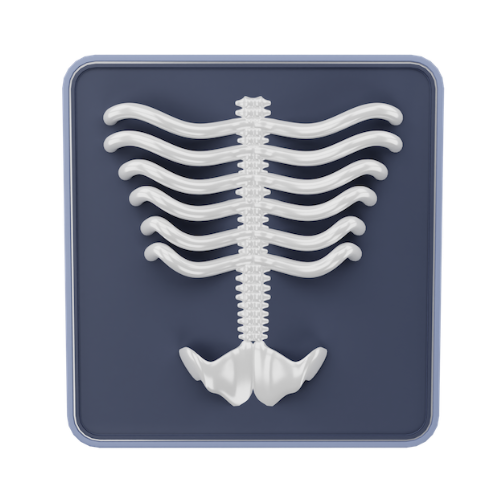Table of Contents
Imagine you’re standing still, yet the room seems to twist, gravity feels unsteady under your feet, and you’re caught in a churn of motion that shouldn’t be there. That’s vertigo, a disorienting sensation far more intense than just “feeling light headed.” Now imagine that stress, the weight we all carry silently, could be the spark that sets that spin in motion.
This article explores whether can stress cause vertigo, delves into vertigo causes, outlines the symptoms of vertigo you should watch for, and offers grounded, trustworthy methods to calm your internal landscape.
What Is Vertigo and How Is It Distinct from Dizziness?
First, understand the difference: dizziness is a broad umbrella, feeling woozy, off-balance, faint or unsteady. Vertigo, however, is the illusion that you or your surroundings are spinning or tilting, even when you’re perfectly still. Healthdirect Australia describes vertigo as a “specific type of dizziness” where you might feel like the world is spinning around you.
While occasional dizziness is common (say, after standing up too fast), vertigo carries a visceral disturbance, a sense of movement where none exists.
What Causes Vertigo?
To grasp whether stress can provoke vertigo, we first need a tour of what causes vertigo. According to Better Health, many cases trace back to the inner ear and its delicate balance machinery.
Here are common contributors:
- Benign Paroxysmal Positional Vertigo (BPPV): The most frequent offender. Tiny crystals (otoconia) in the inner ear dislodge and shift into canals, sending false motion signals to the brain.
- Vestibular Neuritis / Labyrinthitis: Inflammation or viral involvement in the balance nerves can cause sudden, intense vertigo episodes.
- Ménière’s Disease: Fluid buildup in the inner ear may trigger recurrent attacks with hearing changes and vertigo.
- Migraines/Vestibular Migraine: Not classic “ear problems,” but migraine pathways can provoke vertigo or dizziness.
- Other Factors: Head injury, neurological disorders, medications, or low blood pressure also may play a role.
So, when someone asks “what causes of vertigo”, the answer is layered, structural, neurological, vascular, or inflammatory influences can all enter the mix.
When Stress Joins the Dance
So where do stress and anxiety fit in? Can they push a stable balance system into chaos and lead to vertigo?
While stress doesn’t always directly cause structural damage, it can aggravate the triggers above, especially in people already vulnerable.
Here’s how stress can inflame the situation:
- Heightened Sensory Processing: Under stress, your brain is overstretched and may misread balance signals. Subtle movements or changes can become misinterpreted as spinning.
- Physiological Tension: When muscles tighten and blood flow shifts under “fight-or-flight” mode, that tension can influence inner-ear blood supply or nerve signals.
- Triggering Underlying Conditions: If you already carry predispositions like BPPV, migraines, or inner-ear vulnerabilities, stress acts as a catalyst, making episodes more frequent or intense.
Thus, in many cases, stress doesn’t create vertigo where none existed, it amplifies an existing fragility.
Read: Managing Stress and Anxiety: 5 Simple Tips for Better Mental Health
Recognising the Symptoms of Vertigo
Because symptoms of vertigo often masquerade as “just dizzy,” you need to know what to pay attention to:
- The unmistakable spinning or swaying sensation
- Sudden onset with head movements, or positional changes
- Nausea or queasiness
- Unsteadiness, imbalance, or difficulty walking
- Occasional tinnitus or ear fullness
- Feeling light headed, which often overlaps with vertigo episodes
- Sometimes vomiting or sweating during more severe spells
According to Healthdirect, symptoms such as nausea, sweating, hearing changes, or even vomiting might accompany vertigo. Better Health also notes that dizziness and vertigo are closely connected, and that dizziness can involve feeling light headed as part of the spectrum.
These sensations can make you question your own body, when the ground beneath feels unreliable, even the simplest movements can feel like betrayal.
The Course: How Long Do Episodes Last?
Episodes vary. Some may last mere seconds; others persist for hours. Healthdirect notes that BPPV often causes brief, recurrent bouts. Emergency department literature from Queensland Health suggests most vertigo attacks improve within a week to ten days, though recurrence is common.
If stress fuels these episodes, you might feel lingering unsteadiness for a day or two, even as the acute spinning dissipates.
How to Break the Cycle: Living with Stress-Related Vertigo
Here’s where we introduce hope; practical tools, emotional grounding, and pathways toward relief.
Address the Root: Calming Stress
- Adopt mindfulness practices or deep-breathing techniques to steady your nervous system.
- Engage in gentle movement (yoga, tai chi, walking) to release muscle tension and cue your balance systems.
- Seek counselling or psychological support, especially when anxiety fuels vertigo episodes.
During an Attack
- Sit or lie down immediately. Close your eyes or focus on a fixed point.
- Avoid abrupt head movements or looking up/down quickly.
- Breathe slowly. Visualize grounding yourself, feet rooted, body anchored.
Balance Rehabilitation
Safe Care Australia notes that vestibular physiotherapy can help retrain balance and reduce dizziness. For BPPV, positional techniques such as the Epley manoeuvre are commonly used to reposition the loose crystals within the inner ear. In some cases, Brandt-Daroff exercises may also be recommended for patients to perform at home. Persisting with prescribed exercises can retrain your balance system over time.
Also read: 6 Proven Ways to Relieve Stress Every Day
When to Seek Professional Help
If your vertigo is mild and transient, self-care may suffice but some warning signs demand prompt evaluation:
- Episodes that are severe, relentless or worsening
- Any neurological signs (e.g. slurred speech, double vision, weakness)
- Sudden hearing loss or tinnitus
- Persistent vomiting or headache
- Vertigo following a head injury
- Other alarming features like chest pain, fainting, or confusion
Final Words
We often think of stress and vertigo as two different problems but the truth is, they dance in the same space. One can provoke the other, and together, they can make the ground beneath your feet feel unsteady in ways your mind struggles to name.
Even so, it is possible to heal. You can get your steadiness back by being kind to yourself, taking breaks on purpose, and doing balance therapy that respects both your body and mind.
At Doctor Help, we offer one-on-one telehealth consultations based on empathy and real clinical insight if you want personalized advice. Let’s walk toward balance together when you’re ready.
Reference:
- Healthdirect Australia. (2025, January 21). Vertigo. Symptoms, Causes and Treatments | Healthdirect.
https://www.healthdirect.gov.au/vertigo - Department of Health & Human Services. (n.d.). Dizziness, vertigo and balance disorders. Better Health Channel.
https://www.betterhealth.vic.gov.au/health/conditionsandtreatments/dizziness-and-vertigo - Department of Health & Human Services. (n.d.-a). Benign paroxysmal positional vertigo (BPPV). Better Health Channel.
https://www.betterhealth.vic.gov.au/health/conditionsandtreatments/benign-paroxysmal-positional-vertigo-bppv - Vertigo Emergency Department factsheets | Clinical Excellence Queensland. (2023). In Queensland Health.
https://www.health.qld.gov.au/__data/assets/pdf_file/0015/1430115/vertigo.pdf - Vertigo (BPPV). (2019). In Safe Care Australia.
https://www.safercare.vic.gov.au/sites/default/files/2019-07/Vertigo.pdf

